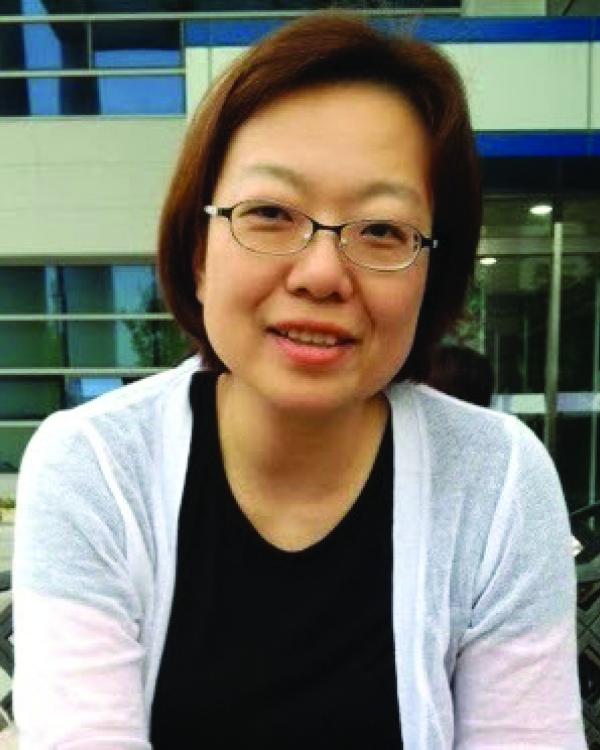
Visiting scholar and Linguistics professor Jinsook Choi will be giving a talk titled “'No English, Korean Only’: Mapping Two Languages in Interactional Regimes at an English-only University in Korea” for the Applied Linguistics Fall Colloquium. This free, public talk is on Friday, December 7 from 3:30 – 5 pm in Education 1201 on the UC Santa Barbara campus.
This study examines the ways in which two languages (English and Korean) are pragmatically and ideologically mapped in diverse spaces through local interpretation of the institutional language policy. It draws on ethnographic data collected through observation and interviews at a Korean university where English has been adopted as an official language. Utilizing the notion of ‘interactional regimes’ (Blommaert, Collins, & Slembrouck, 2005), it analyzes the pragmatic strategies and language ideologies that reflect and reinforce specific spatial norms. The findings suggest that while ‘English only’ policy is justified to benefit university members and to attract international students, the use of Korean or English is negotiated: for example, English is not allowed in a Korean student council event even when international students are participating; and Korean is preferred when a senior Korean professor presides at a meeting, while everyday interaction and lectures can be conducted in English. Hence, within the spaces of interactions demarcated by the university, the ideology of English hegemony has contradictory effects upon the rationales of language choice. Such unintended consequences of the institutional language policy were illuminated through careful examination of local members’ experiences of the institutional language policy.
Jinsook Choi received her PhD from State University of New York at Albany. She is Associate Professor in the Division of General Studies, UNIST, in Korea and is currently a visiting scholar in the Department of Linguistics at UCSB. She is a linguistic anthropologist whose doctoral research topics involved Mayan identity, bilingualism and language ideology in Guatemala. She teaches liberal arts courses at UNIST, a science and engineering university in Korea where English has been adopted as an official language. While working in UNIST, her work has focused more on sociolinguistic research in Korea, including topics of language ideology, linguistic landscape and international education. In addition, she has been examining media representations of gender and regional identity in Korea.